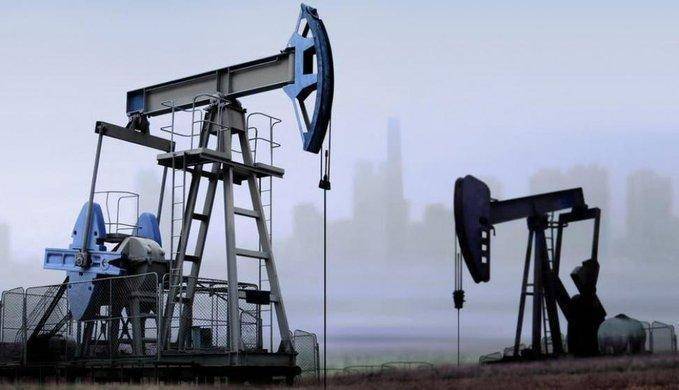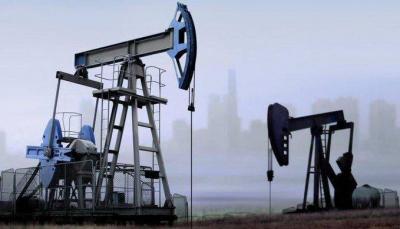Oil prices rose on Monday as traders anticipated potential supply disruptions in the Middle East following U.S. and British strikes on targets of the Houthi armed group in Yemen to prevent them from attacking ships in the Red Sea. By 04:05 GMT, Brent crude futures were up 13 cents, or 2.0 percent, reaching $78.42 a barrel after rising 1.1 percent at Friday's settlement. West Texas Intermediate crude was at $73.72 a barrel, up five cents, or 0.1 percent, after gaining nearly one percent in the previous session.
Both benchmarks jumped more than two percent last week, reaching their highest levels this year during the session after U.S. and British forces launched dozens of airstrikes against Houthi forces in response to months of attacks on shipping in the Red Sea. The Houthis, allied with Iran, claim their attacks are a response to Israel's war on Gaza.
Warren Patterson, head of the commodity research unit at ING, stated, "There are supply risks in the market due to the escalation in the Red Sea. However, for now, we do not see any impact on oil supplies. I believe that any effect would depend on significant escalation."
On Sunday, the Houthis threatened a "strong and effective response" following another U.S. strike overnight, escalating tensions. The U.S. later reported it intercepted a missile launched at one of its ships from Houthi areas in Yemen.
Several tanker owners have steered clear of the Red Sea, and multiple tankers altered their routes on Friday after the strikes, although traders are still monitoring Iran's response and its effect on shipments in the Strait of Hormuz, the world's most crucial oil transit point.
Goldman Sachs analysts noted in a memo, "As the conflict in the Middle East is not currently affecting oil production, the geopolitical risk premium priced into oil seems modest based on implied volatility in options." They added, "Although we believe this is unlikely, we estimate that oil prices could rise by 20 percent in the first month of a shipping halt in the Strait of Hormuz, and could briefly double if the halt extends, which is a less likely scenario."
In Libya, protesters against corruption have threatened to shut down two more oil and gas facilities following the closure of the Sharara field, which produces 300,000 barrels per day, on January 7.
In the U.S., energy and natural gas companies are preparing for a severe cold wave expected to create record demand for gas while supplies are cut due to the freezing conditions affecting the wells.




